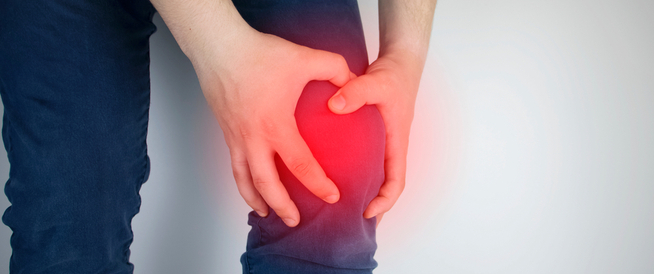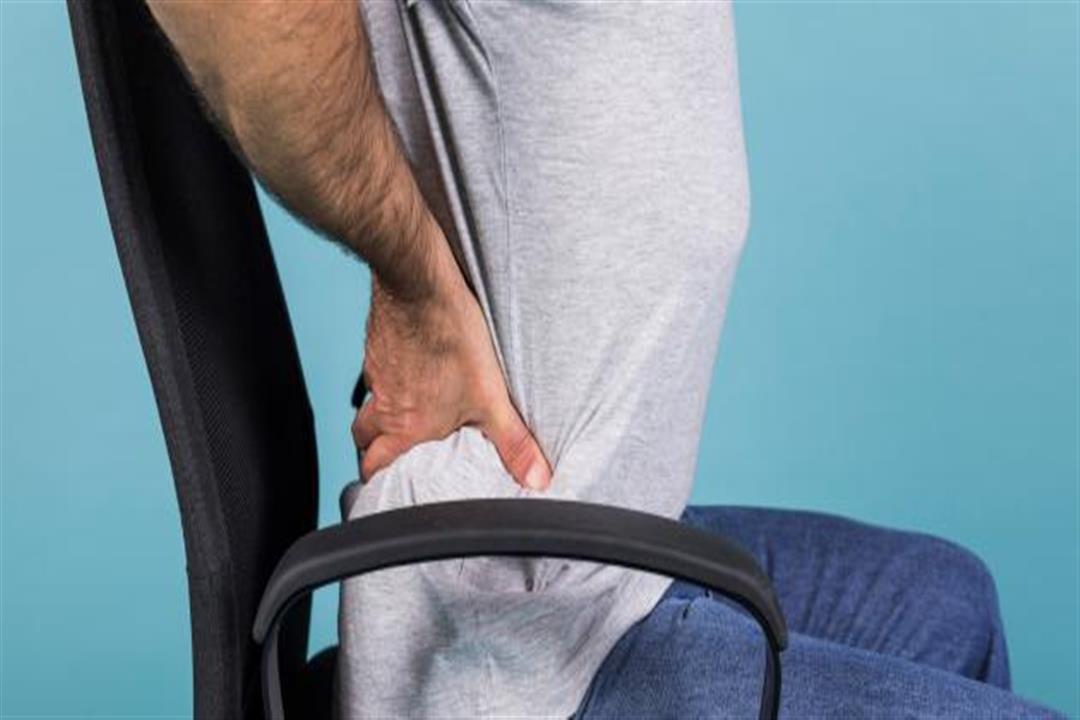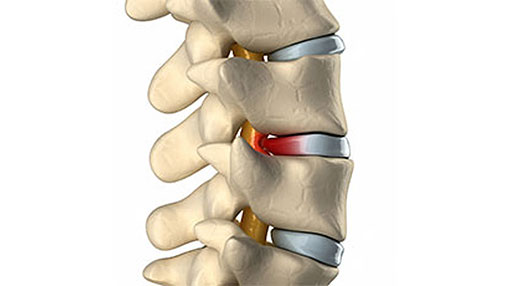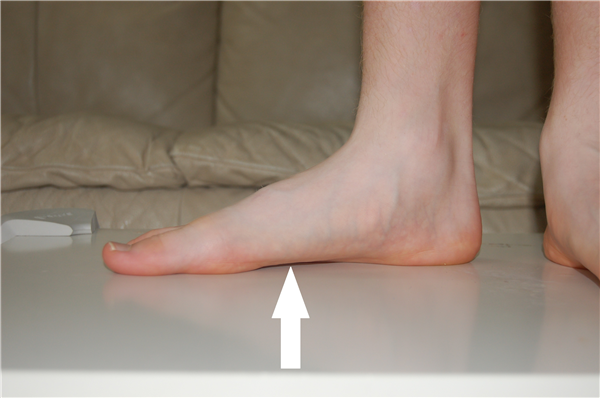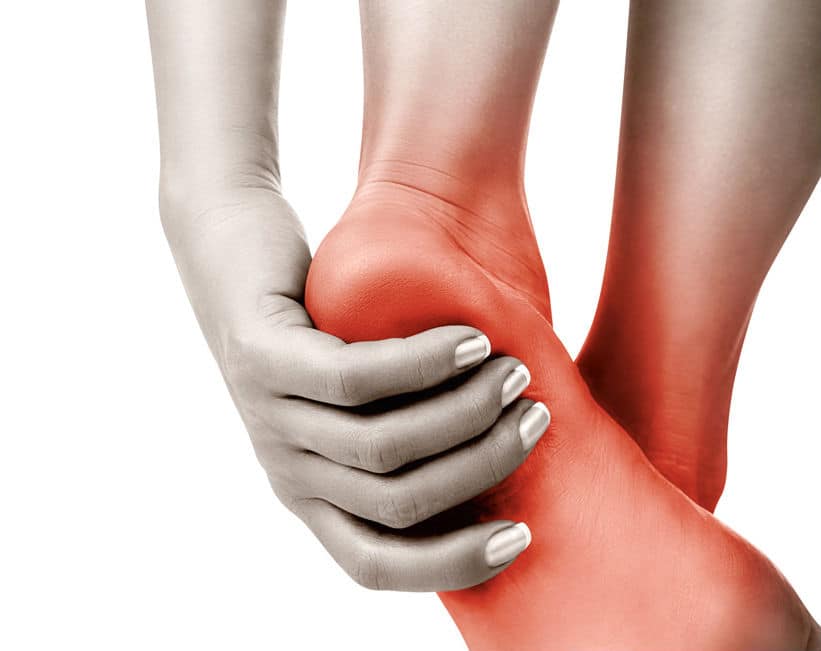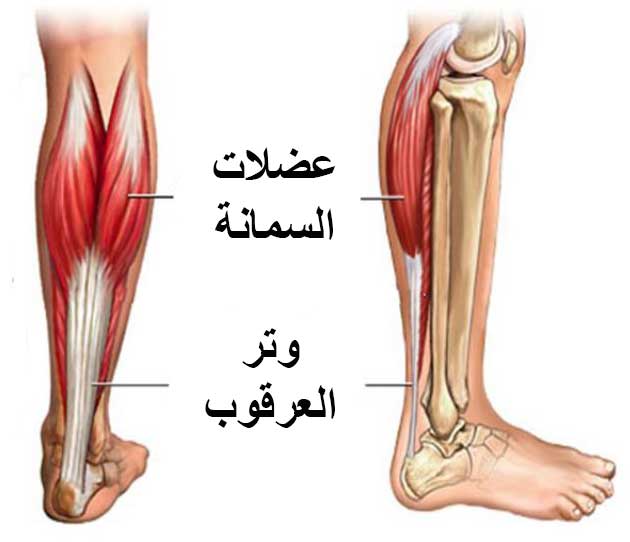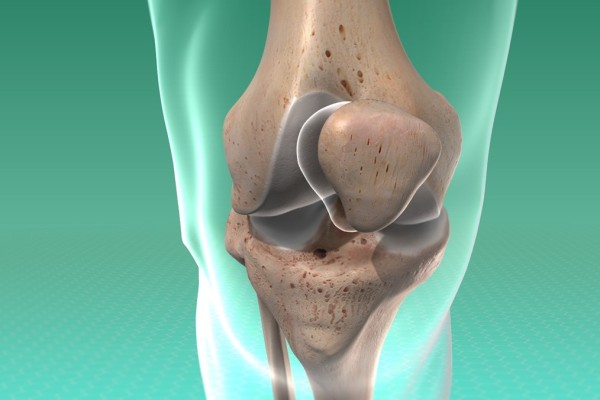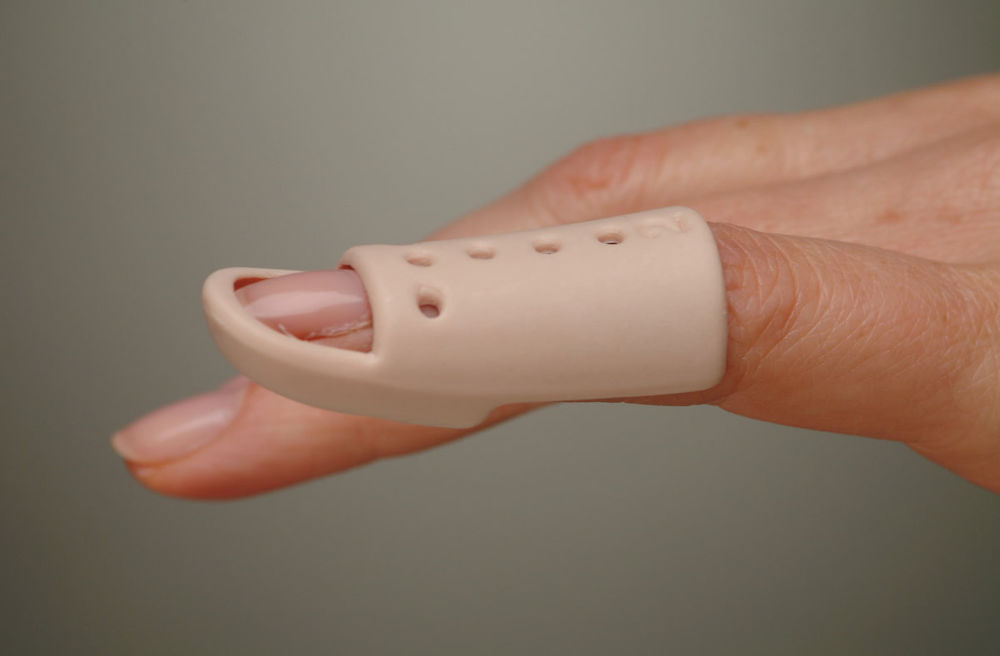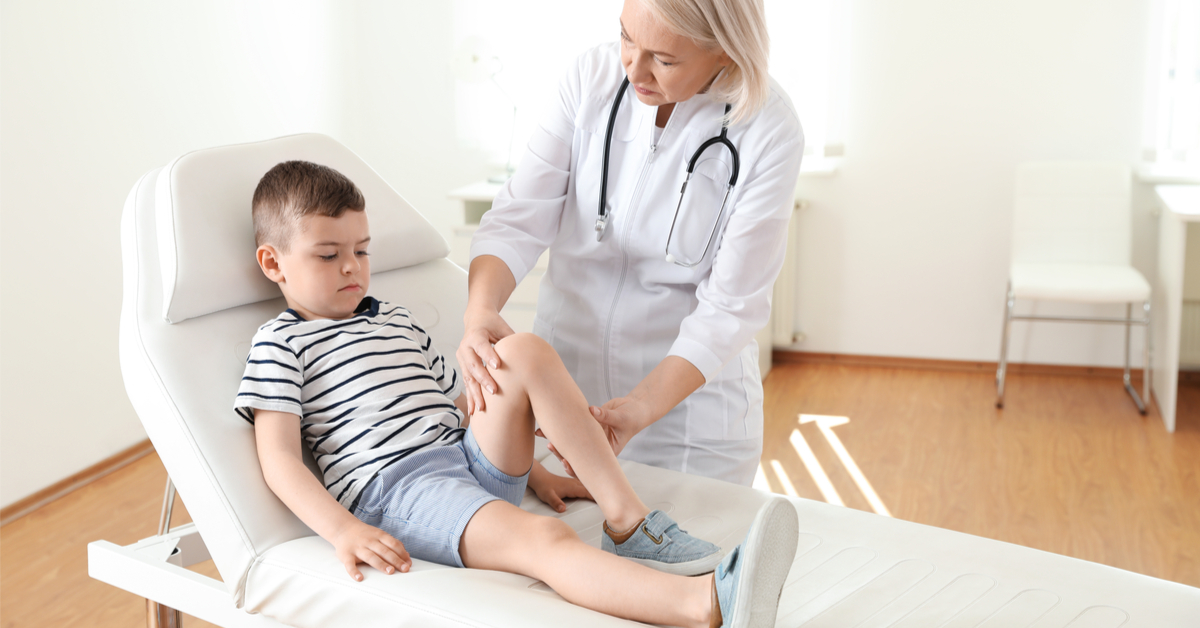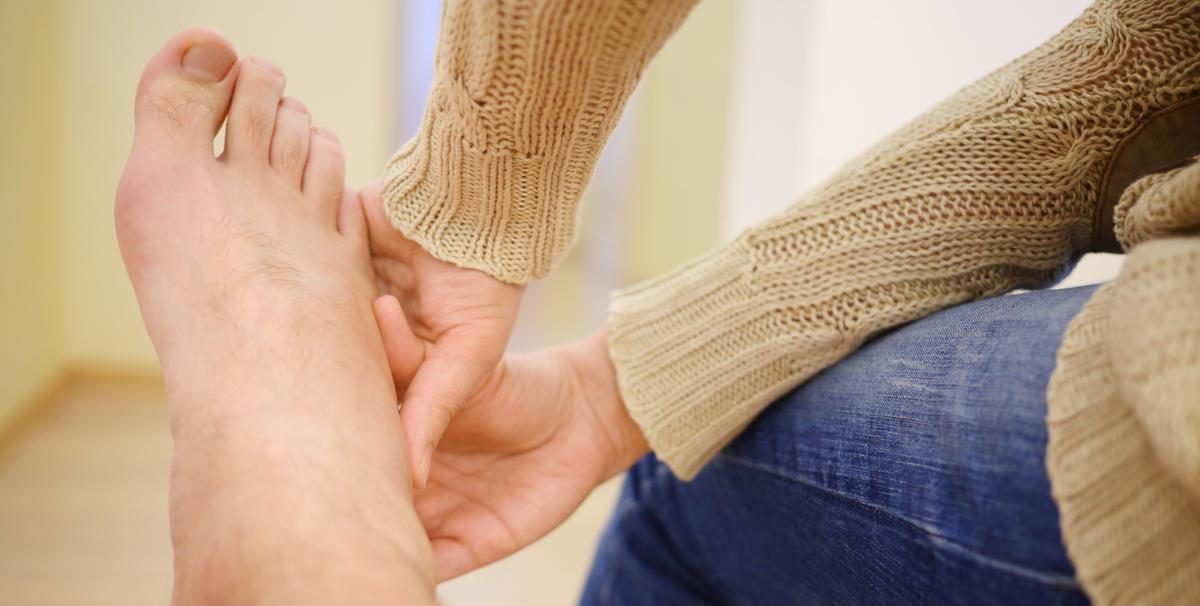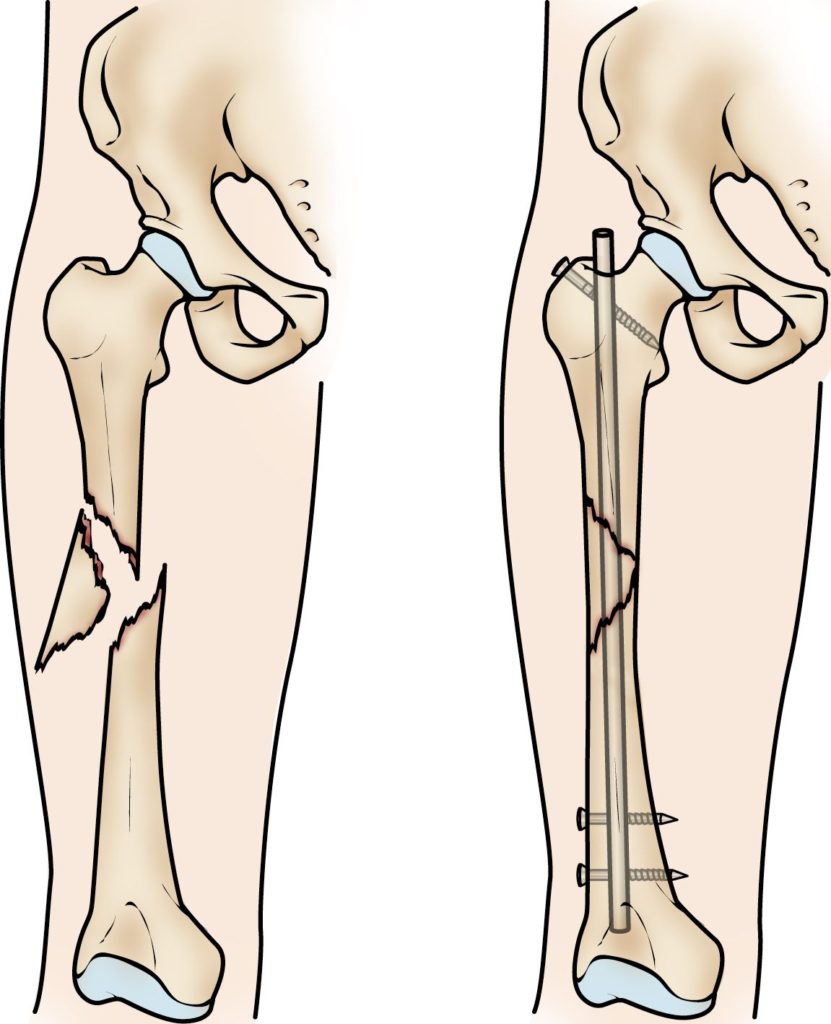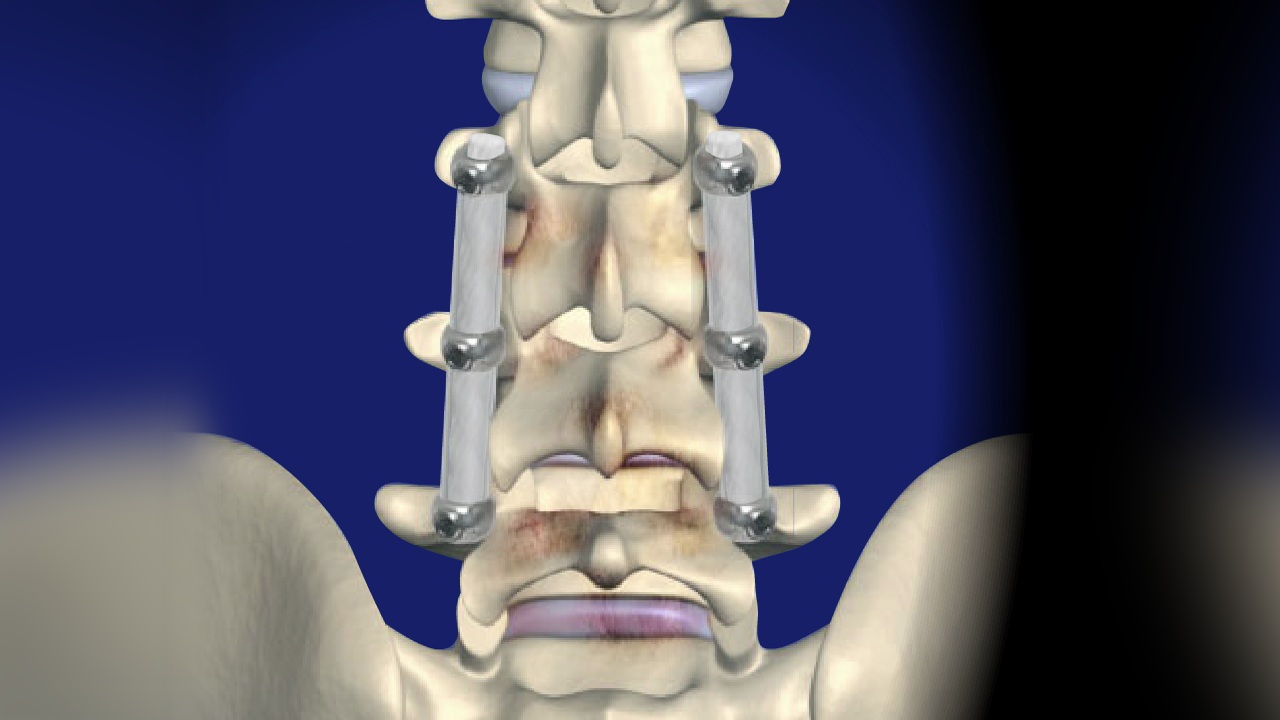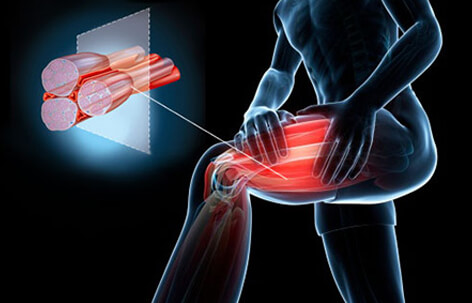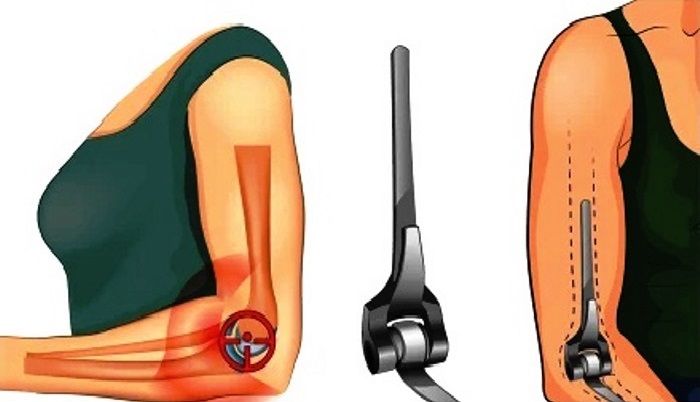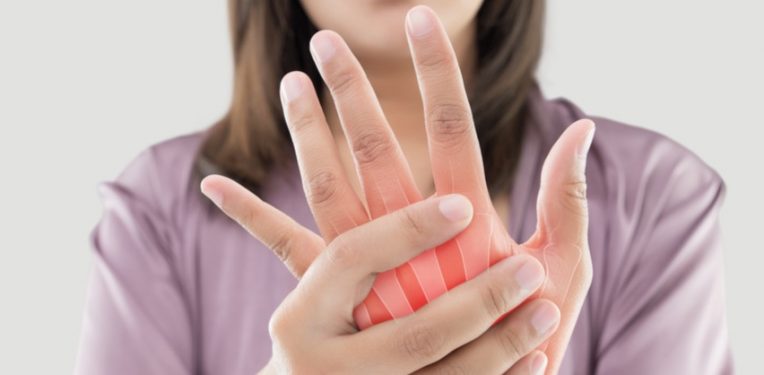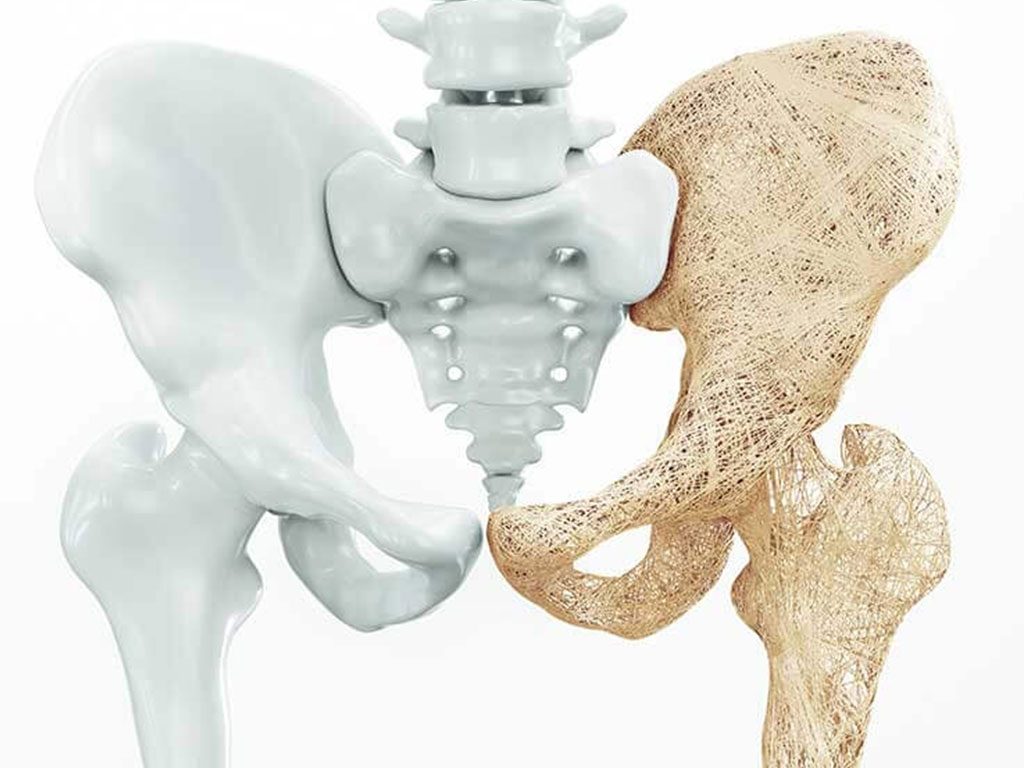What Is the Treatment for Knee Inflammation? And Learn About the Best Doctor for Treating Knee Osteoarthritis! Treatment for Knee Inflammation
Treatment for Knee Inflammation
Knee inflammations are a common health issue that many people suffer from. These inflammations cause severe joint pain, affecting people’s lives and their ability to move normally. If you are dealing with knee inflammation, it’s important to know the available options for treating this problem. In this article, we will explore five effective ways to treat knee inflammation.
Physical Therapy: Physical therapy is an essential part of treating knee inflammation. These exercises aim to strengthen the thigh muscles and improve knee stability. It is recommended to perform physical therapy exercises under the guidance of a specialized trainer to ensure they are done correctly and safely.
Natural Treatment: Natural treatment can help alleviate pain and improve knee mobility. It includes targeted exercises and manual therapies such as massage, pressure, and stretching of the tissues surrounding the knee.
Self-Care Measures: Self-care measures include applying ice to the knee to reduce inflammation and pain, elevating the knee when sitting to reduce swelling, and using knee-supportive footwear to provide necessary support.
Medications: Your doctor may prescribe some medications to relieve pain and inflammation in the knee. Among these medications are non-steroidal anti-inflammatory drugs (NSAIDs) and pain relievers like acetaminophen.
Surgery: If the knee does not respond to the treatments mentioned above, surgery may be recommended. Surgery is considered a last resort and is only used in cases of severe pain and significant instability in the joint.
What Is Natural Treatment for Knee Pain?
Knee pain is a common health issue that affects many people of all ages. Natural treatments are one of the effective and safe ways to relieve knee pain and promote healing. Here are some natural treatments that can be tried to alleviate knee pain:
Strong Knee Exercises: Training the muscles surrounding the knee is crucial to strengthen and stabilize the joint. Exercises targeting thigh muscles, leg muscles, and the ligaments around the knee can help reduce pressure on the joint and alleviate pain. Consulting with a physical therapy specialist can help determine the appropriate and safe exercises for you.
Heat and Cold Therapy: Applying ice to the affected knee is an effective way to reduce pain and swelling as it reduces irritation and helps reduce inflammation. Afterward, using warm water can facilitate blood flow and relieve tense muscles. It’s essential to avoid applying ice or warm water directly to the skin and to use a thin cloth between the skin and the ice or warm water.
Using Supportive Aids: Supportive devices like elastic knee braces or knee sleeves can be used to provide additional support to the affected joint and reduce pressure on it. The use of a knee pillow or special cushions can help stabilize the knee while sleeping, and a cane can assist with mobility and reduce pressure on the knee.
Maintaining a Healthy Weight: Excess weight increases the body’s pressure on the joint and can lead to increased knee pain. Maintaining a healthy weight can reduce pressure on the joint and alleviate pain.
Medical Consultation: If pain persists or worsens, it’s recommended to consult with a physical therapist or a specialist in orthopedic conditions. They can diagnose the condition and guide you to a specialized physical therapy program that suits your case.
What Is the Best Cream for Treating Knee and Joint Pain?
Many people frequently suffer from knee and joint pain, which can result from various causes such as arthritis, excessive stress, or injuries due to accidents. To alleviate these pains and expedite the healing process, topical creams can be used to provide immediate relief and help reduce pain.
There are numerous creams available in the market for treating knee and joint pain, and among the recommended and widely used options is “Zovirax Cream.”
Zovirax Cream contains effective natural ingredients that improve knee and joint flexibility and alleviate pain. It contains ginger extract, which enhances blood circulation and helps strengthen the joints. It also contains lavender oil, which reduces swelling and inflammation in the knee and joints.
Zovirax Cream has gained widespread popularity among users for its soothing effect and immediate relief. It can be easily applied by massaging the cream onto the painful knee or joint, and you will soon notice a difference in pain and swelling.
It’s worth mentioning that you may have had a different experience with another cream that helped in treating knee and joint pain. Therefore, you may want to consult your treating physician to guide you to the most suitable cream for your condition. In the end, it is essential to consult a specialist to ensure proper treatment and avoid any potential complications.
What Is the Reason for Severe Knee Pain?
There are several potential reasons for experiencing severe knee pain. Pain can result from direct injuries to the knees, such as bruises or fractures. Accidents or surgical interventions on the knee can also lead to severe pain.
Furthermore, knee pain can be the result of excessive stress on the joint, such as from intense jumping or running. In other cases, pain may be due to chronic medical conditions such as rheumatoid arthritis, cartilage tears, or overuse of the joint.
Some other factors that can contribute to severe knee pain include obesity, an imbalanced body weight distribution, weakened muscles affecting joint movement, excessive physical activity, and improper knee bending or stretching during movement.
It is important to consult a doctor for an accurate diagnosis and to begin the appropriate treatment. Treatment may involve providing rest to the affected knee, reducing inflammation, joint padding in cases of cartilage damage, and strengthening the muscles around the knee through physical therapy exercises. In some cases, surgical intervention may be recommended to address specific problems.
It is of utmost importance to follow a healthy lifestyle, engage in appropriate exercises, and avoid excessive stress on the knees to prevent severe pain. If you experience persistent or recurrent knee pain, it is best to consult a doctor for a proper diagnosis and treatment.
Is Walking Beneficial for Knee Inflammation?
Walking is considered one of the simple and effective activities for both physical and mental health. But can it have specific benefits in treating knee inflammation? Knee inflammation is a common and troublesome health issue that many people experience. In many cases, walking can be an effective way to alleviate symptoms and recover from knee inflammation.
Walking promotes blood circulation, which can improve joint nutrition and transport the necessary nutrients and oxygen to the joints. Additionally, walking is considered a low-impact activity on the joints, where there is minimal stress or excessive pressure on the knee. Therefore, walking can provide smooth exercise for the knee without adding tension to it.
Furthermore, walking enhances the strength of the muscles around the knee, which may help stabilize the joint and reduce pressure on it. Strong muscles around the knee can contribute to joint stability. Moreover, walking helps improve the flexibility and volume of synovial fluid within the knee, which reduces friction and wear and tear within the joint.
In the end, the final decision regarding the effectiveness of walking in treating knee inflammation depends on the individual’s characteristics and condition. Doctors and specialists may recommend a specific program of exercises and treatments that suit their individual health needs. Therefore, it is advisable to consult a doctor or specialist to assess the knee’s condition and the patient’s needs and determine the most suitable solutions for treating knee inflammation.
What Is the Best Medication for Treating Arthritis?
Arthritis is a common medical condition that many people worldwide suffer from. The causes of this inflammation vary, including aging, genetics, previous injuries, chronic joint inflammations, and more. Regardless of the cause, finding the best medication for treating arthritis is crucial to improve the quality of life for those affected by this condition.
Several pharmaceutical options are available for treating arthritis, and the suitable medication varies according to the severity of the symptoms and the type of arthritis present. Among these pharmaceutical options, nonsteroidal anti-inflammatory drugs (NSAIDs) are one of the most common and effective treatments.
Nonsteroidal anti-inflammatory drugs (NSAIDs) work to alleviate pain and swelling associated with arthritis by inhibiting enzymes called cyclooxygenases, which play a role in joint inflammation. NSAIDs include various options such as ibuprofen, naproxen, and aspirin.
It’s worth mentioning that before taking NSAIDs, it is essential to consult a specialist to determine the appropriate dosage and assess potential risks associated with this type of medication.
Finding the best medication for treating arthritis is a challenge that depends on the individual’s response to treatment. Therefore, it is always recommended to consult a specialized doctor to determine the most suitable treatment for each case. In addition to medications, complementary natural treatments can help alleviate symptoms and reduce swelling, including heat therapy, massage, and appropriate physical exercises. Changing to a healthy lifestyle and balanced nutrition can also be an additional means to promote overall health and manage arthritis.
How Do I Know If My Knee Is Inflamed?
How do you know if your knees are inflamed? This is a question that many people ask. They may feel swelling and pain in the knee area without any clear reason. There may be some signs that indicate inflamed knees that require proper treatment and care.
Before determining whether your knees are inflamed, you should first be aware of the common symptoms of knee inflammation. Among these symptoms, you may find swelling in the area around the knee, redness in the skin, warmth in the area, pain when moving or putting weight on the knee, and a decrease in your ability to move freely or perform daily activities.
When you experience any of these symptoms, it may be a good idea to consult your doctor or an orthopedic specialist. The doctor will evaluate your condition and conduct a physical examination of the knee to determine if there is inflammation. Diagnosis may require additional tests such as X-rays or magnetic resonance imaging (MRI) of the knee.
If knee inflammation is diagnosed, the next step will be proper treatment. Anti-inflammatory medications may be prescribed to relieve pain and swelling. Self-care may involve rest and temporary avoidance of activities that put excess pressure on the knee.
In addition to medication, physical therapy can be an effective way to treat and alleviate knee inflammation. These treatments include rehabilitation exercises, heat and cold therapy, massage, and muscle strengthening.
In general, it is important to regularly monitor the knee and stop at any new signs of inflammation. Remember that chronic inflammation in the knee can lead to more significant problems in the future, so early treatment and good care are key to preventing future problems and maintaining good knee health.
Can Vitamin D Deficiency Cause Knee Pain?
Vitamin D is considered one of the essential vitamins for overall health, and it plays a significant role in many vital functions. Vitamin D is synthesized in the skin when the body is exposed to sunlight, and it can also be obtained from certain foods and dietary supplements. If there is a deficiency in vitamin D levels in the body, it can lead to various health problems, including knee pain.
Have you experienced this? Yes, vitamin D has the ability to enhance the absorption of calcium and phosphorus in the body, both of which are essential for bones and cartilage. When there is a deficiency in vitamin D, it can affect the balance between calcium and phosphorus in the body, making bones more brittle and weaker. While knee pain is not a direct symptom of vitamin D deficiency, it can be a result of the negative effects of this deficiency on the bones and joints.
Several studies suggest that vitamin D deficiency may increase the risk of developing joint conditions such as arthritis and knee pain. For example, a study published in the “Arthritis Care & Research” journal indicates that people with vitamin D deficiency may be more susceptible to knee pain associated with cartilage degeneration. However, more research is needed to determine the specific relationship between vitamin D deficiency and knee pain.
Therefore, if you experience knee pain, it may be a good idea to consult a doctor to assess your vitamin D levels in your body and determine if a deficiency is playing a role in the pain you’re experiencing. The doctor may conduct tests and analyses to determine the levels of vitamins and minerals in your body, and based on the results, they may recommend taking vitamin D supplements or other measures to correct any deficiency in your body’s vitamin D levels.
How to Treat Arthritis at Home?
Arthritis is a common condition that affects many people worldwide, causing swelling and pain that can negatively impact people’s lives. Some may look for home remedies to alleviate arthritis symptoms and improve their quality of life.
Here are some methods and strategies that can be followed to treat arthritis at home:
- Rest and Relaxation: Rest and relaxation are essential to give the joints enough time to heal and recover.
- Healthy Nutrition: Consume a healthy and balanced diet that includes essential nutrients to promote joint health. Foods rich in omega-3 fatty acids like fish, nuts, and seeds are recommended.
- Cinnamon and Honey: Natural spices like cinnamon and honey are known home remedies for relieving arthritis pain. They can be used together in a warm drink for a soothing and anti-inflammatory effect.
- Heat and Cold Therapy: Hot or cold water can be used to alleviate pain and swelling in affected joints. Ice can be applied for a short duration, followed by warmth using a warm cloth.
- Proper Exercise: Gentle exercise and appropriate physical activities play a significant role in promoting and strengthening joint health. Focus on exercises that strengthen the muscles surrounding the affected joints.
- Use of Natural Oils: Many people use natural oils like lavender oil or peppermint oil for massaging the joints to relieve pain and swelling.
- Complementary Nutritional Supplements: Taking natural dietary supplements such as zinc, vitamin D, calcium, vitamin C, omega-3, and others can be effective in promoting bone and joint health.
In general, there are various options available to help alleviate bone pain. The choice of treatment may vary depending on the severity and underlying cause of the pain. These options may include anti-inflammatory medications like aspirin and ibuprofen, topical analgesic creams, or ointments that can provide temporary relief by soothing the affected bone area.
Additionally, it is crucial for individuals to consult their healthcare provider before taking any pain relievers, as some of them may have potential side effects and interactions with other medications they may already be taking.
The doctor may also recommend natural complementary treatments such as physical therapy and appropriate exercises to strengthen muscles and bones. Maintaining a healthy and balanced diet that includes necessary nutrients for bone health is also important.
So, what is the best pain reliever for bones? The answer may vary depending on the individual and the specific situation, so it’s essential to consult a healthcare provider for personalized advice on managing arthritis and bone pain.
Best Doctor for Treating Knee Osteoarthritis and Non-Surgical Treatment Methods
Knee osteoarthritis is a common condition that many people suffer from, causing pain, stiffness, and reduced mobility in the joint. One of the primary treatment options for knee osteoarthritis is surgery, which may be necessary in severe cases. However, there are some specialized doctors who adopt a non-surgical approach to treat this problem, and among these renowned doctors, Dr. Amr Amal stands out as one of the best options for knee osteoarthritis treatment.
Dr. Amr Amal is an orthopedic surgeon specializing in joints and has an exceptional reputation in the field of medicine and knee osteoarthritis treatment. Dr. Amr Amal is an expert in diagnosing and treating knee problems, and he has demonstrated his expertise and competence in this field over many years of practice.
Dr. Amr Amal’s treatment methods for knee osteoarthritis are non-surgical and highly effective. The treatment is based on a comprehensive evaluation of the patient’s condition, including the medical history, MRI scans, and accompanying symptoms. Based on this assessment, Dr. Amr Amal designs a comprehensive treatment program aimed at strengthening the muscles around the knee, reducing pain, and improving joint mobility.
Muscle Strengthening and Stretching Exercises: Dr. Amr Amal recommends a variety of simple exercises that target strengthening the muscles around the knee and improving their flexibility. These exercises may help alleviate pain and increase confidence in using the knee.
Physical Therapy: Dr. Amr Amal uses physical therapy as another tool to improve the condition of the affected knee. Patients may be referred for physical therapy to assist in improving strength, flexibility, and increasing the range of motion in the affected joint.
